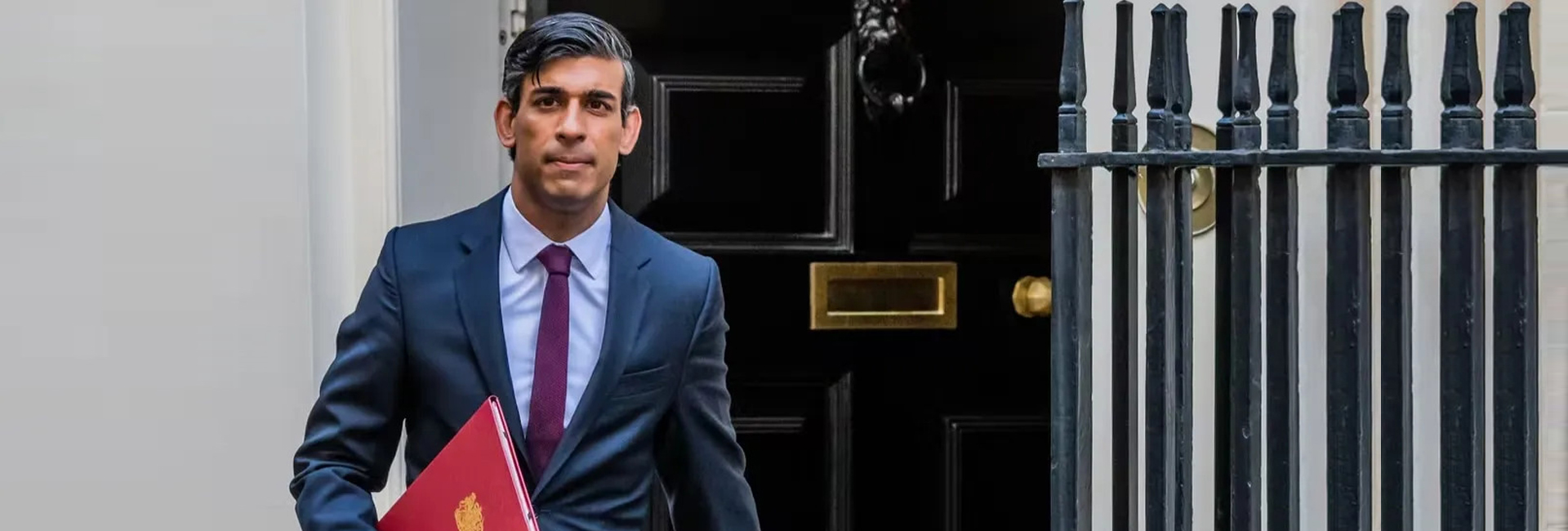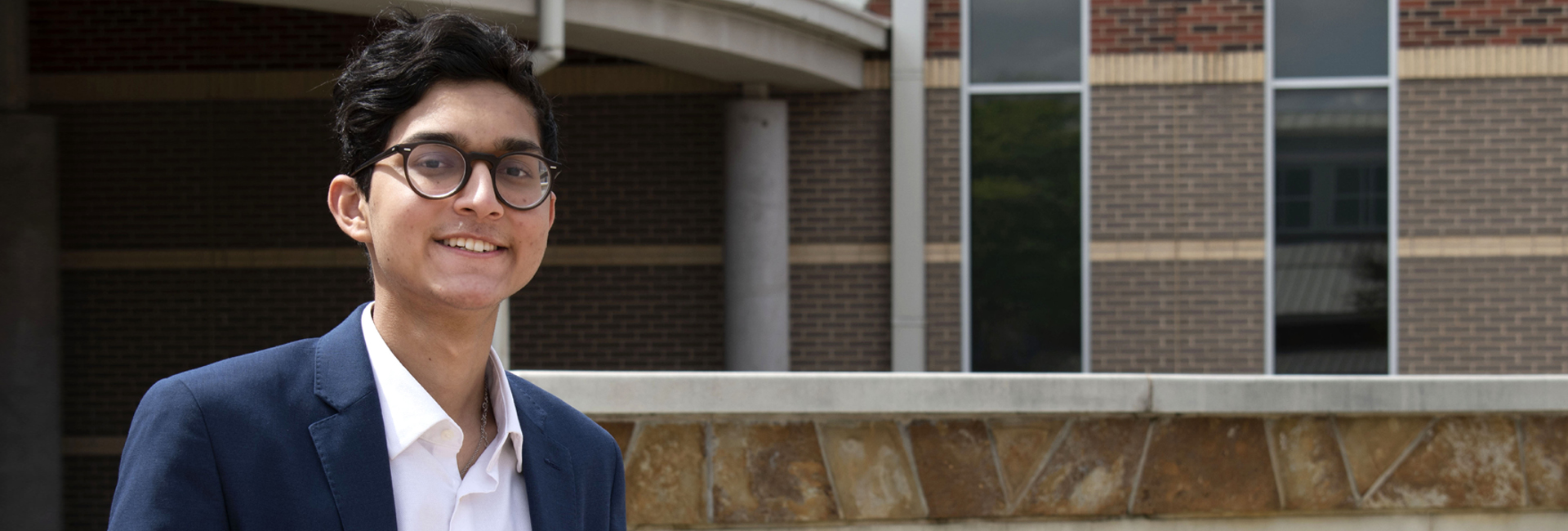(October 27, 2022) The famed 10 Downing Street, which once ruled over the entire Subcontinent, is now home to an Indian family. After an audience with King Charles III on Tuesday, the youngest and richest Prime Minister of the United Kingdom, Rishi Sunak is set to take charge of the Great British Isles. Despite being relatively new to British politics, this economist played his cards right and in less than a decade went from being a Member of Parliament to Chancellor of the Exchequer and now the 57th Prime Minister of the UK.

Proud of his Indian roots, Sunak is also the first Hindu to take over the PM office. While he has much to sort out within Britain, the 42-year-old does recognise that good relations with India are important for the UK. Earlier this year, while addressing a gathering of British Indian Conservative Party members, Sunak had expressed his desire to change the UK-India relationship to make it a more two-way exchange that opens up easy access to UK students and companies in India. He greeted the crowd in Hindi with “Namaste, Salaam, Kem cho, and Kidda,” he said, “Aap sab mere parivar ho (You are a part of my family).” When questioned about bilateral ties, he responded, “We know the UK-India relationship is important. We represent the living bridge between our two countries. We are all very aware of the opportunity for the UK to sell things and do things in India, but actually we need to look at that relationship differently because there is an enormous amount that we here in the UK can learn from India.”
An immigrant himself, the Global Indian is of the opinion that young students must not be denied any opportunity for good education. And thus, he is not only looking to support India’s student mobility but also vice-versa. “We are all very aware of the opportunity for the UK to sell things and do things in India, but actually we need to look at that relationship differently because there is an enormous amount that we here in the UK can learn from India,” he said, adding, “I want to make sure that it’s easy for our students to also travel to India and learn, that it’s also easy for our companies and Indian companies to work together because it’s not just a one-way relationship, it’s a two-way relationship, and that’s the type of change I want to bring to that relationship.”
Currently, with a 96 percent student visa acceptance rate, about 1,65,000 Indian students have moved to the UK between 2019 and 2022 alone – making them the biggest student diaspora in the country. The Indian and UK officials are working closely to support student mobility and create better opportunities for Indian students to succeed in the global job market. Only last year, the two countries announced the India-UK Roadmap 2030 to pave the way for deeper collaboration between the two nations, allowing for more exchange of knowledge and ideas between institutions and supporting the two-way mobility of students, teachers, and researchers.
Despite the reassurances, experts believe Sunak’s impact on India-UK ties will be marginal at best. With Suella Braverman, who has been re-appointed as the Home Secretary, branding Indians as the largest group of migrants who overstayed in the UK, the mobility of skilled Indians to the UK could be a sticky point. It also remains to be seen how the Sunak government handles immigrants, who have extended the maximum period of two years allowed to international students to work or look for work within the UK.




